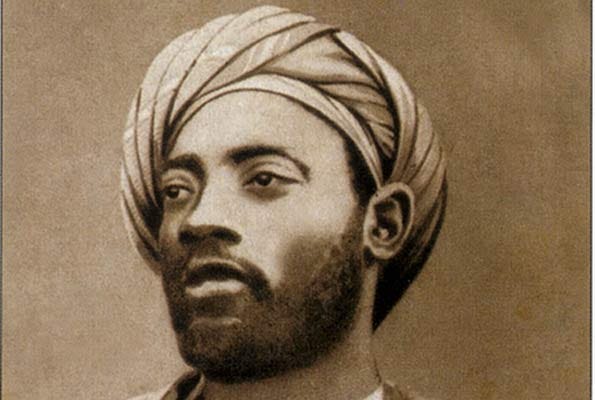In the early 1870s, Henry Morton Stanley published a letter in London. The letter, purported to be from the King of the Buganda, Muteesa I, was an open invitation for missionaries of all Christian denominations to his kingdom. Its authenticity is disputed but it did not stop several missions from sending representatives to the Ugandan monarchy. The most famous of this men was Alexander Mackay, a Scot who settled among the Buganda, died and was buried in what is now Uganda.
Muteesa I was a political genius. Acknowledging the religious pressures emerging in his kingdom, he chose to play the sides instead of siding with any of them. He was more personally inclined towards Islam but allowed Catholics, Protestants, and traditional religions to thrive, but only so much as to limit each others growth. The threat of colonial domination was in the horizon but would not be as real as it would be for his successor.
On October 9th, 1884, Kabaka Muteesa I died and was succeeded by his sixteen year-old son, Mwanga II. Buganda tradition has no concept similar to the Crown Prince, where a monarchs successor is known before the reigning one dies. Instead, the Kabaka selects a successor from among his sons, and never the firstborn son, who then reveals himself after his father dies. This is a how a sixteen year-old man called Mwanga II became the Kabaka of the Buganda.

His fathers strategy of playing the sides had duped all three sides to believe he preferred them over each other. The letters of the missionaries back home praised the Kabaka and his wisdom, and influenced Britains early foreign policy with the Buganda. Mwanga II faced a different set of problems.
Kabaka Mwanga IIs tumultuous rule is most remembered for the murders of tens of Christian Buganda men and that of Bishop James Hannington of the Church Missionary Society. The generally accepted reason for the brutal killings, often including some form of slow torture with fire, is that the 45 young men were killed because they refused to sleep with the king. They refused because of their new faith and the encouragement of the missionaries. In 1964, the 22 of the men were canonized and are now regarded as saints. History exalted them and vilified the serial rapist and homosexual that Mwanga became, at least in the records.
No comments:
Post a Comment